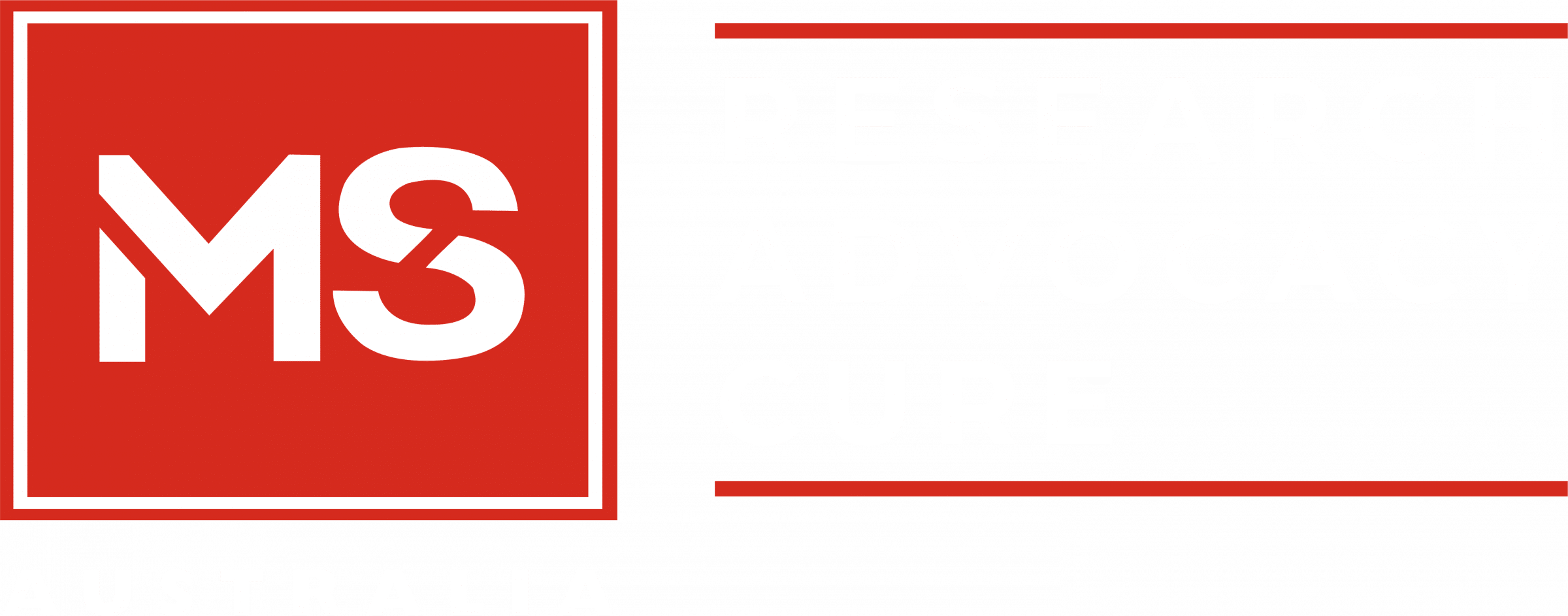
type of intervention
Interventional

recruitment status
Recruiting

region
NSW
type of ms
Relapsing remitting MS
This study aims to observe the effectiveness of a practical cooling strategy (cold water spray bottle skin cooling) in reducing heat-related fatigue in hot conditions for people with MS. Participants will complete 5 sessions in total:
• 3 practice sessions (1.5hr each): two cycling, handgrip & balance sessions in room temperature conditions, and one in hot, humid conditions (35°C, 40% relative humidity).
• 2 experimental sessions: Cycling, handgrip & balance sessions in hot, humid conditions (2.5 hr each). One of these sessions will include the cooling strategy, and one will not.
1) Have clinically or laboratory-supported definite MS (clinically diagnosed MS by a neurologist experienced in the treatment of the disease using updated diagnostic criteria).
2) Have an Expanded Disability Severity score (EDSS) score between 0 (reflecting no disability or decrement to functional systems) and 5 (reflecting the ability to walk without an aid for 200 meters and mild impairment to functional systems).
3) Be between the ages of 18-60 years.
4) Be able to understand the demands of the protocol, have had any questions answered and have voluntarily signed the participant consent form prior to any study procedures.
5) Be in otherwise good health, based on complete medical history and neurological/physical examination (completed Neurologist/General Practitioner Clearance form).
6) Have self-reported sensitivities to the heat.
Participants will be screened via telephone interview to assess their elgibility prior to their participation in the study. Exclusion criteria include:
• Cardiovascular comorbidity (heart disease, hypertension, stroke)
• Abnormal blood disorders (anemia, thrombocytopenia, bleeding diathesis).
• Diabetes.
• Respiratory disease.
• Renal (kidney) disease.
• Hepatic (liver) disease.
• Seizures.
• Peripheral neuropathy.
• Orthopedic concerns that currently affect exercise ability (major surgeries, broken bones, arthritis).
• Active illness (chickenpox, shingles).
• Hypothyroidism.
• Recent major illness.
• Currently taking Tecfidera (a specific MS disease-modifying medication).
• History of taking Lemtrada infusion.
March 2022
Dr Nicole Vargas
Postdoctoral Research Associate, Thermal Ergonomics Laboratory, University of Sydney
Email: nicole.vargas@sydney.edu.au
Phone: +61 2 9036 4052
Mr David Hutchinson
Masters Student, Thermal Ergonomics Laboratory, University of Sydeny.
Email: david.hutchinson@sydney.edu.au
Professor Ollie Jay
Director, Thermal Ergonomics Laboratory, University of Sydney
Email: ollie.jay@sydney.edu.au
Phone: +61 2 9351 9323
Full details of the trial can be found on the ANZCTR clinical trials database (Trial number: ACTRN12618001534279).
NSW
Yes
5/4/2023

